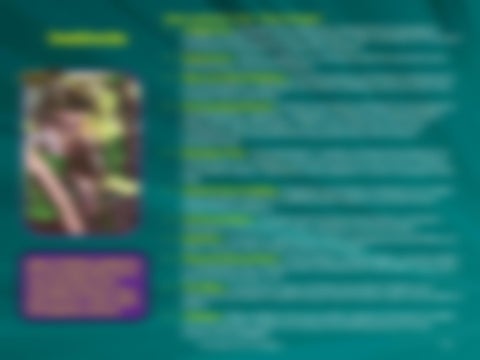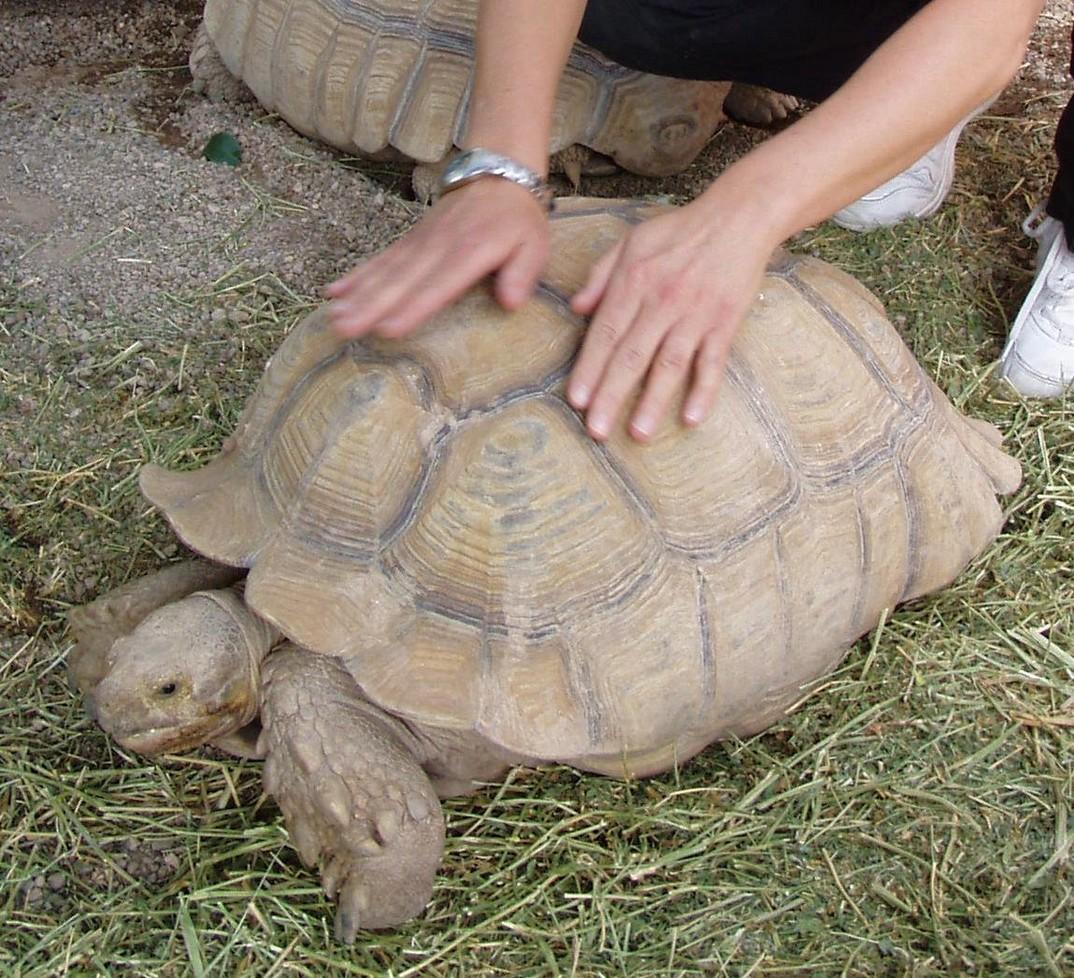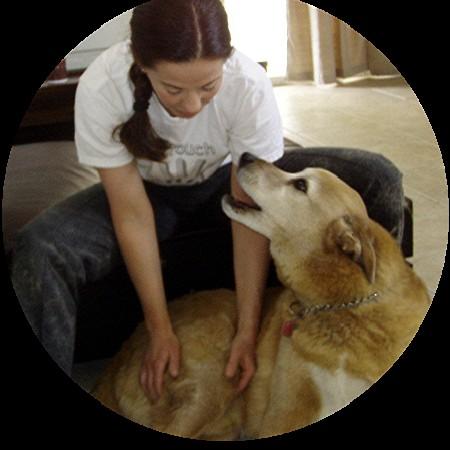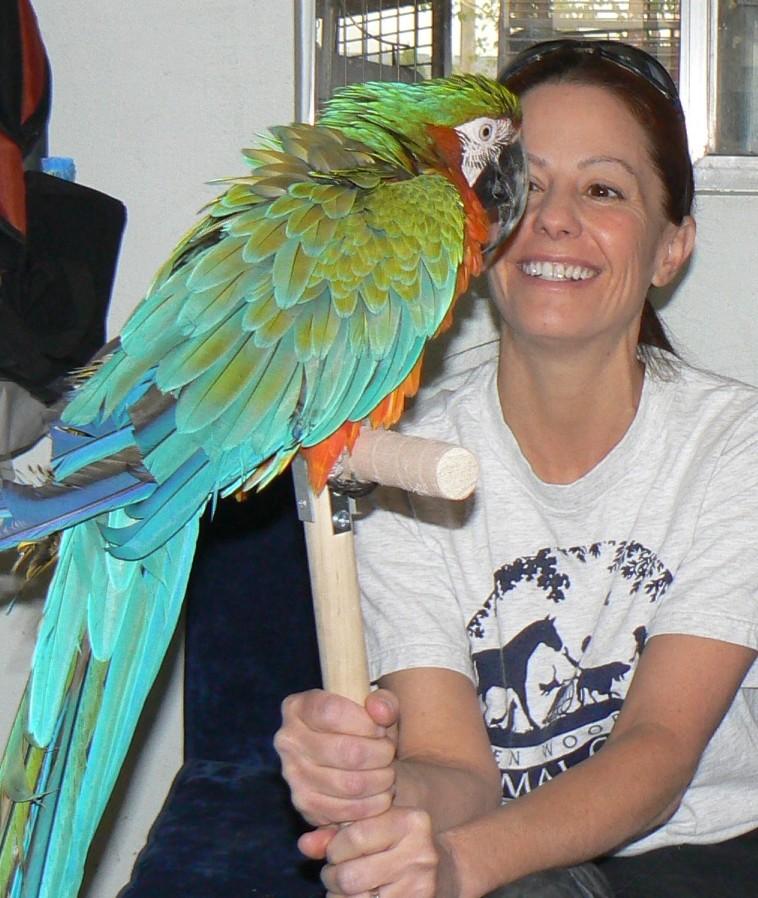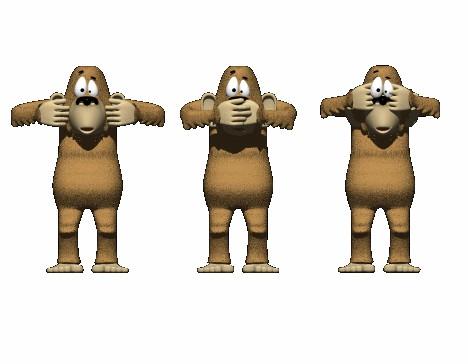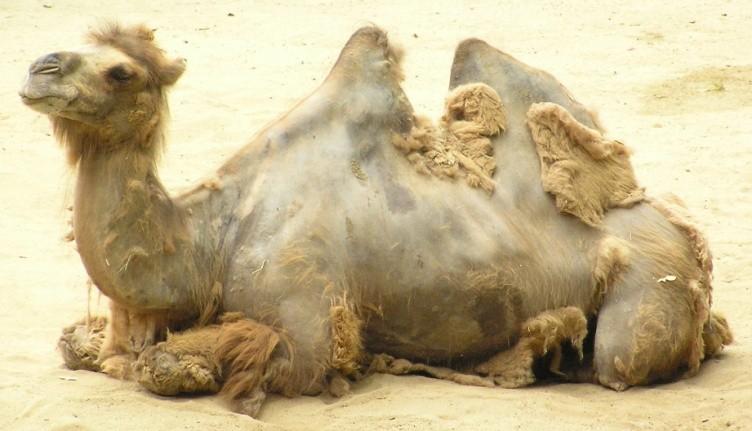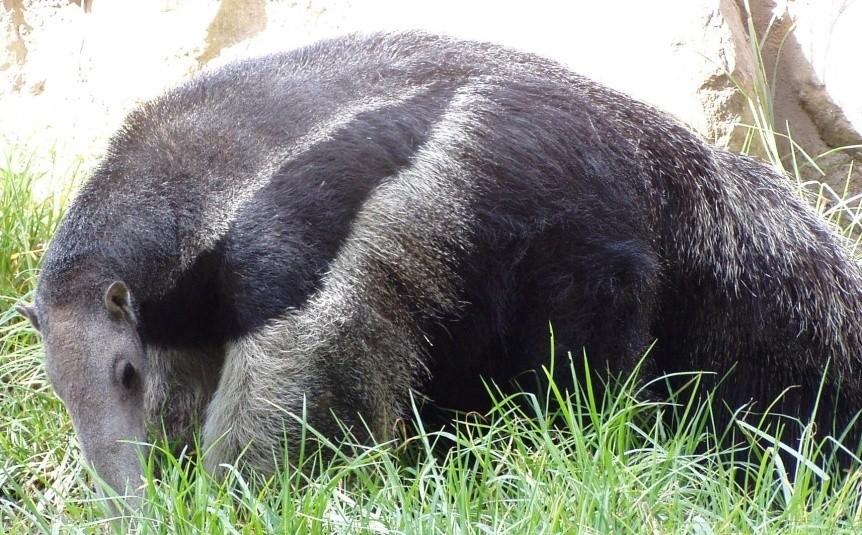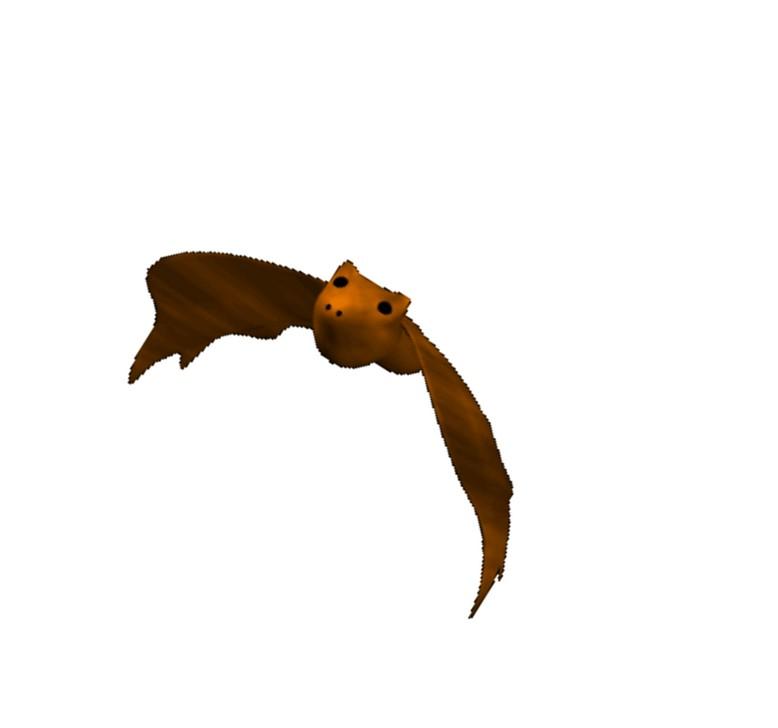Instincts
Above is Bentley, adopted by IPT from Adopt-a-Bat. Due to other bully bats he had neurological ailments. Once given his own ‘condo’ health and happiness returned.
Open Instincts: Can They Change? Indigenous: Animals that need their natural home changed to another location for survival. Polar Bear, Wolf, and Bird of Prey are sometimes relocated to protect the species. Experience: Memory patterns in animals exist for survival, love and learning, just as in humans. Nest and Dam Building: Animals always remember predisposed survival patterns, although non-native settings such as zoos may change these activities. Surrounding Stimuli: Anxiety and stress will lead to neurological manifestations, agitation, changes in mating and eating habits, along with other dis-eases. This is why zoos are now more concerned with educational living areas than with animal entertainment. Bonding Time: “Domestication” creates animals that depend on humans for our company and touch just as much as for nutrition and health issues. Classical music played to cows increases their milk. Animal Care & Safety: Adopting new family members (no matter what species) without a wellness plan leads to animal-human relationship problems. Communication: Animals and humans must share a common language of some sort for safe, peaceful communication. Nutrition: Consult a veterinarian before changing animal diets, as there may be other heath issues to consider. Physical Discomforts: Personalities, eating habits, and the ability to cooperate may change when animals don’t feel well. They have good and bad days, too. Too Many: Having too many animals may lead to fights over hierarchy and lead to health issues that humans may not be able to afford. Lifespan: Allow reality to be your guide, always striving for quality and not quantity. Death and dying counseling groups for pet owners are available. Innovative Pet Therapy
76
